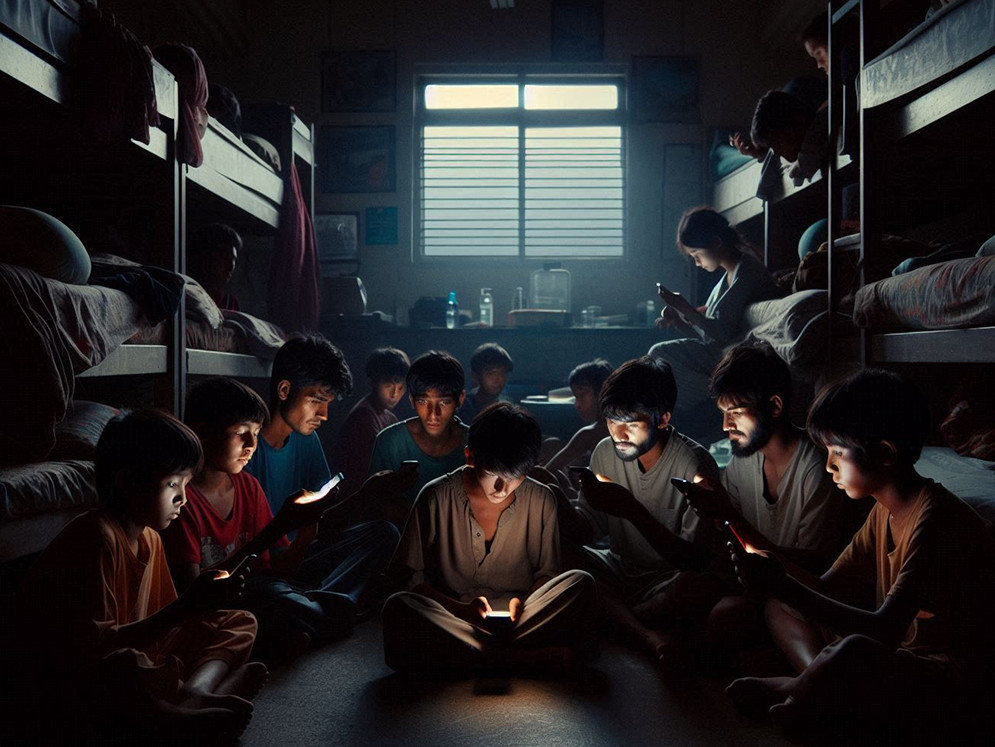Philippines to Temporarily Host Afghan Refugees Awaiting U.S. Resettlement
In a recent announcement, officials from both the United States and the Philippines revealed that the Southeast Asian nation will temporarily host a “limited number” of Afghan refugees who are in the process of being resettled in the U.S. This decision marks a significant step in the ongoing collaboration between Washington and Manila.
Under this arrangement, the U.S. government will provide essential services to the Afghans during their stay in the Philippines. These services include food, housing, security, medical care, and transportation, ensuring that the refugees are well-supported while their visa applications are processed. The U.S. Department of State highlighted this commitment in a statement issued on Monday.
The Philippine Department of Foreign Affairs confirmed that the agreement is currently going through the necessary domestic procedures to finalize its implementation. Although the exact number of refugees to be hosted has not been officially disclosed, The Washington Post reports, based on anonymous U.S. sources, that approximately 300 Afghan applicants are expected to be processed in the country.
This development is a testament to the strengthening ties between the U.S. and the Philippines under President Ferdinand Marcos Jr. His presidency, which began in 2022, has marked a shift away from the China-friendly policies of his predecessor, Rodrigo Duterte, towards closer alignment with Washington.
Since the Taliban’s takeover of Afghanistan in 2021, over 160,000 Afghans have been resettled in the United States. However, the news of the Philippines’ involvement in this resettlement effort has sparked some controversy. When the proposal was initially made public last year, it faced opposition from various quarters in the Philippines, who raised concerns about legal and security implications.
President Marcos acknowledged these concerns last June, noting the “many security issues” involved, even as he reaffirmed the Philippines’ longstanding tradition of accepting refugees.








Leave a Reply